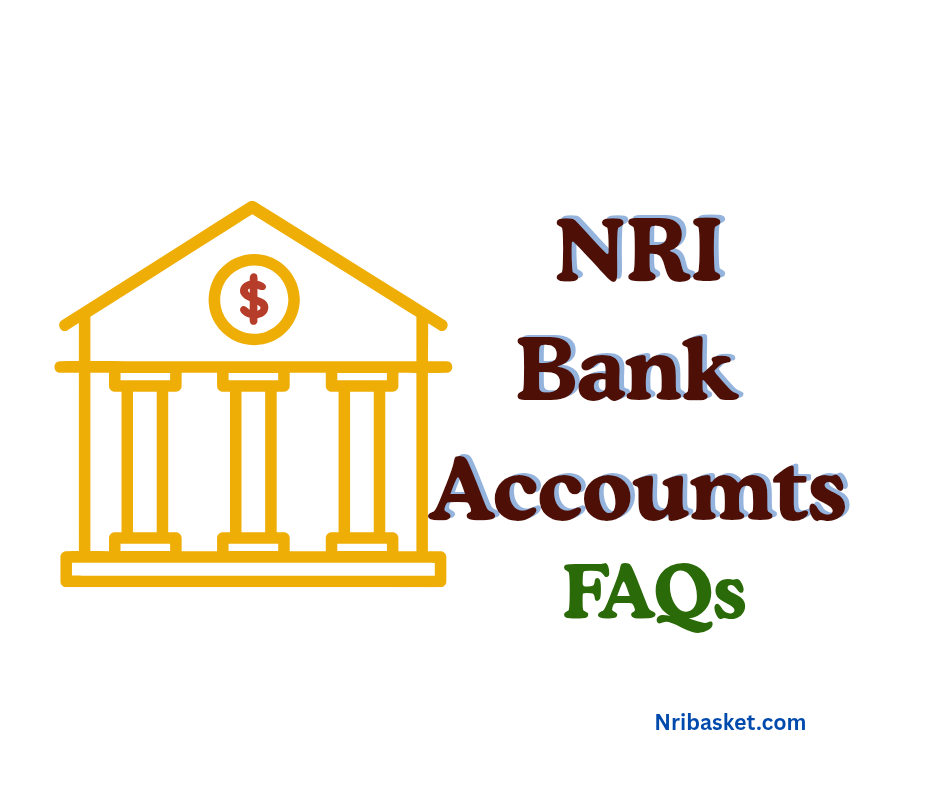
Short Answer: A special bank account in India for Non-Resident Indians.
Detailed Answer: An NRI bank account allows Non-Resident Indians to manage funds in India and abroad. Common types are NRE (Non-Resident External), NRO (Non-Resident Ordinary), and FCNR (Foreign Currency Non-Resident) accounts. Each has different rules for deposits, withdrawals, taxation, and currency handling.
Short Answer: NRE is tax-free in India; NRO is taxable.
Detailed Answer: NRE accounts are used to hold foreign income in INR and are fully repatriable, with no Indian tax on interest earned. NRO accounts are for managing income earned in India, such as rent or dividends, and interest is subject to Indian tax. Repatriation from NRO accounts is limited and requires compliance with RBI rules.
Short Answer: Yes, with certain conditions.
Detailed Answer: NRIs can open joint NRO accounts with resident Indians, usually with a close family member. NRE accounts can also be jointly held, but only with another NRI. The operational rights depend on the bank’s rules and RBI guidelines.
Short Answer: Yes, with certain country-specific restrictions.
Detailed Answer: NRIs can invest in Indian mutual funds through NRE or NRO accounts. However, fund houses may have restrictions for NRIs from countries like the USA or Canada due to FATCA regulations. Investments can be made in equity, debt, or hybrid funds as per SEBI rules.
Short Answer: Yes, if income is earned in India.
Detailed Answer: NRIs are taxed on income that is earned or accrued in India, such as rent, salary from Indian employers, or capital gains. Income earned abroad is generally not taxable in India. DTAA (Double Taxation Avoidance Agreement) with other countries can reduce tax liability.
Short Answer: Passport, visa, address proof, PAN card, and photos.
Detailed Answer: Most banks require a valid passport, visa or work permit, overseas and Indian address proof, PAN card, and recent passport-size photographs. Some banks also ask for attested documents verified by the Indian embassy or a notary.
Short Answer: Yes, but with a limit.
Detailed Answer: You can repatriate up to USD 1 million per financial year from your NRO account after paying applicable taxes. The process requires submission of Form 15CA and 15CB from a Chartered Accountant, along with bank documents.
Short Answer: A fixed deposit account in foreign currency for NRIs.
Detailed Answer: The Foreign Currency Non-Resident (FCNR) account is a term deposit account in foreign currencies like USD, GBP, or EUR. It protects against currency risk, earns interest, and is tax-free in India. Funds are fully repatriable.




